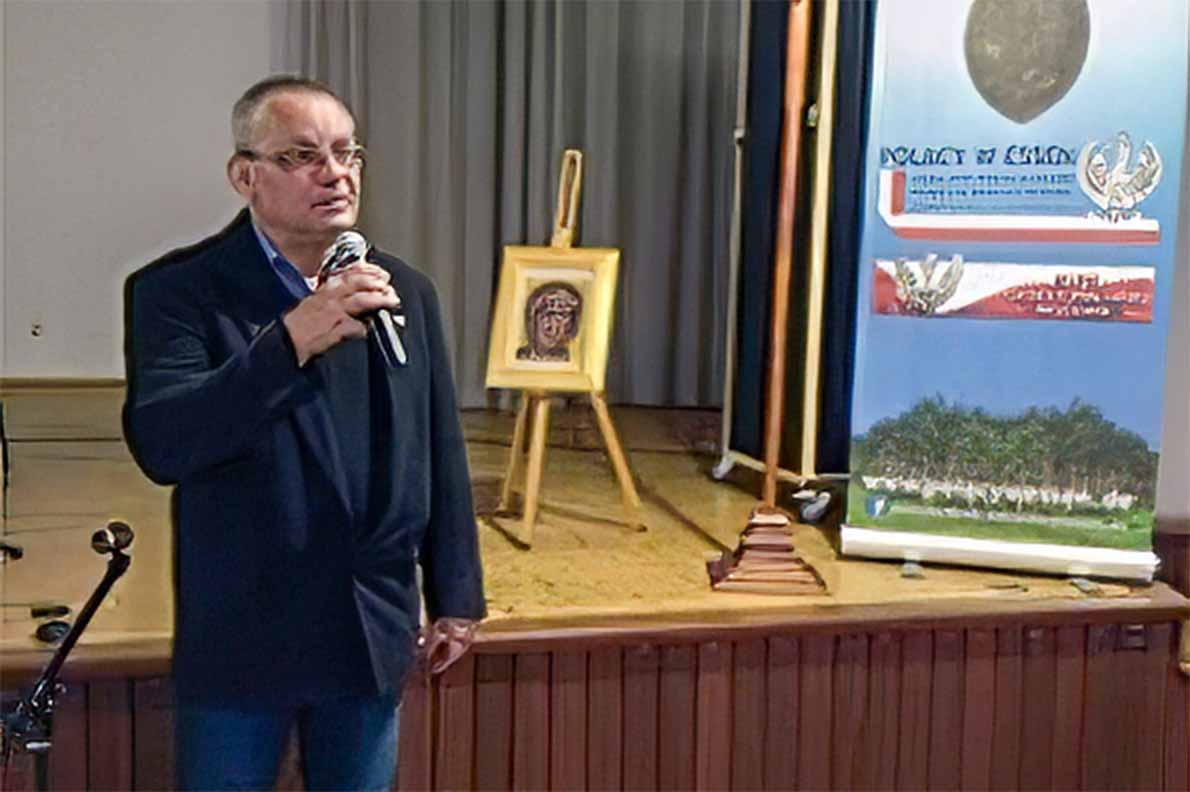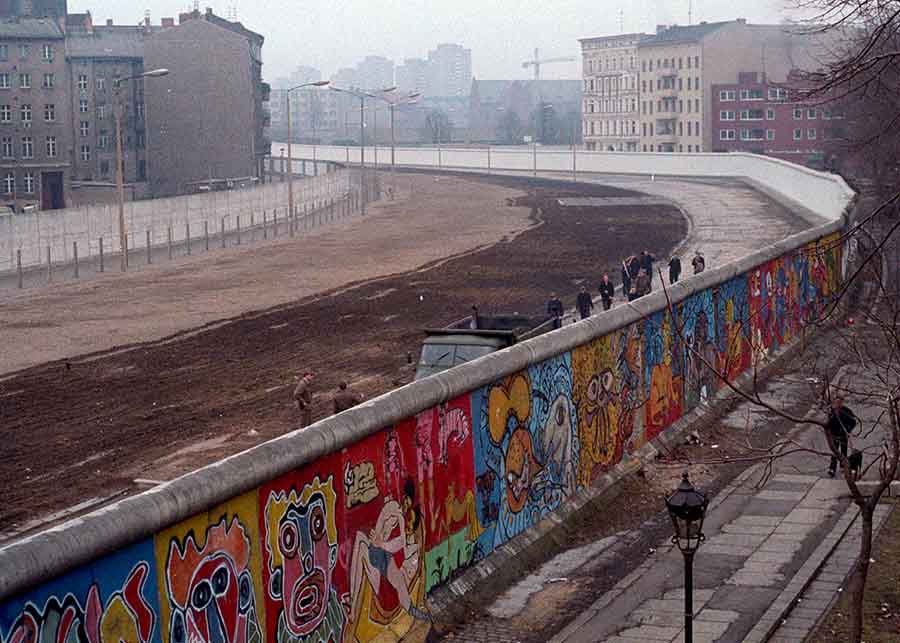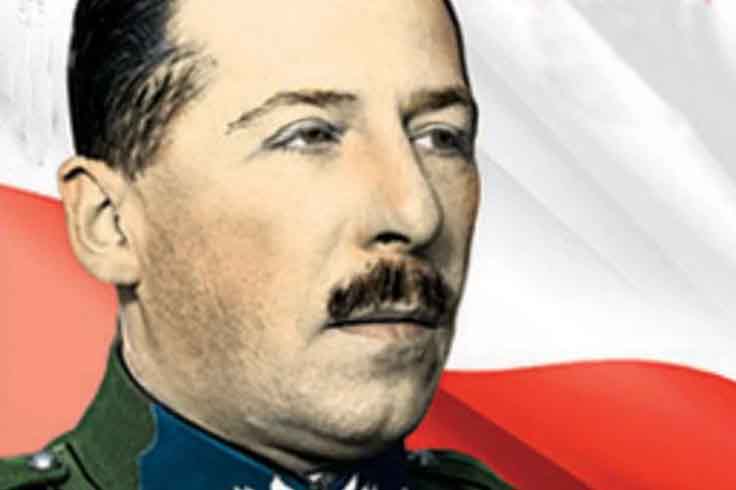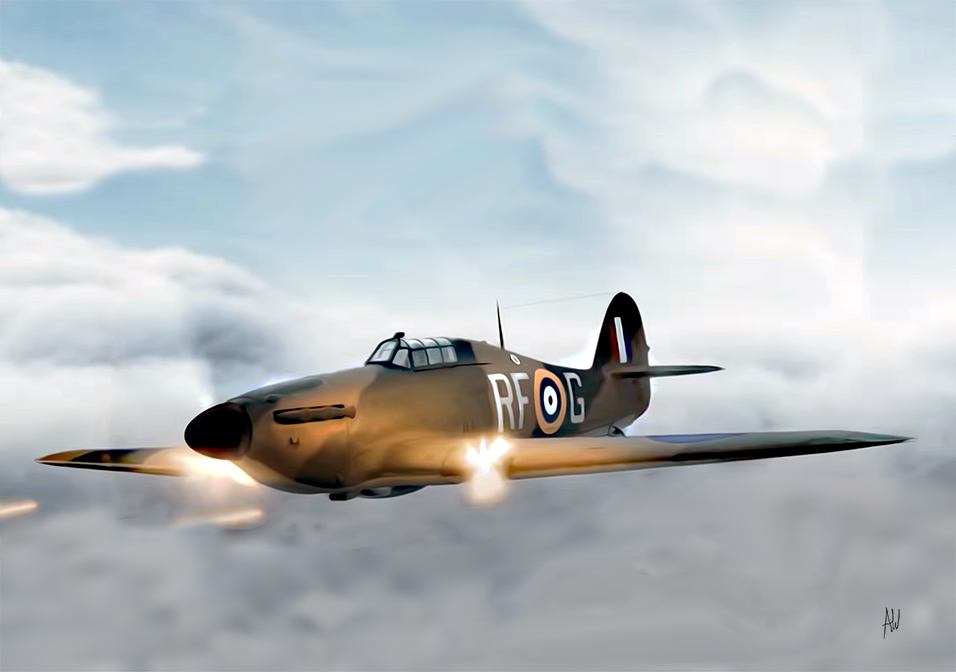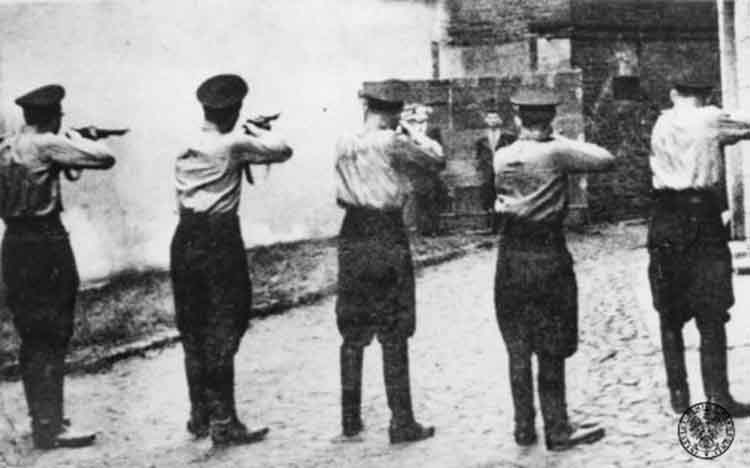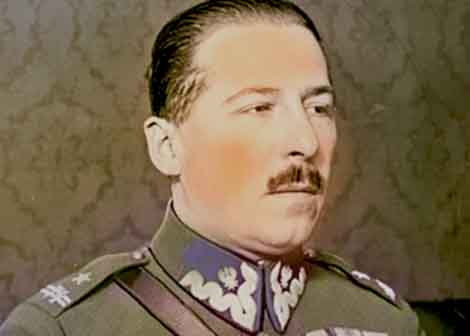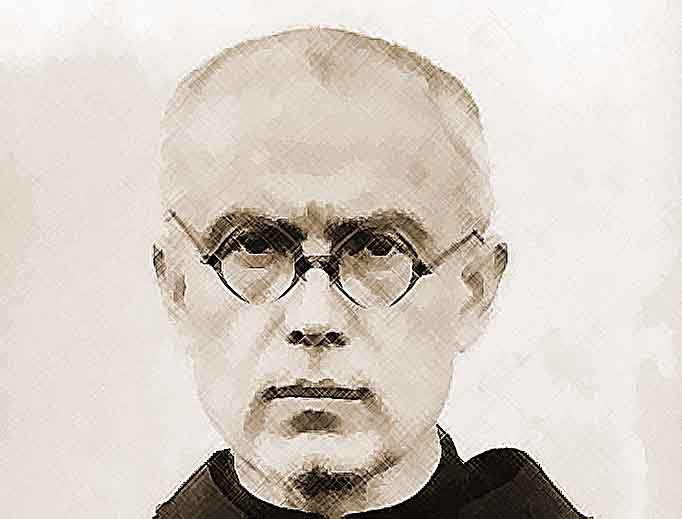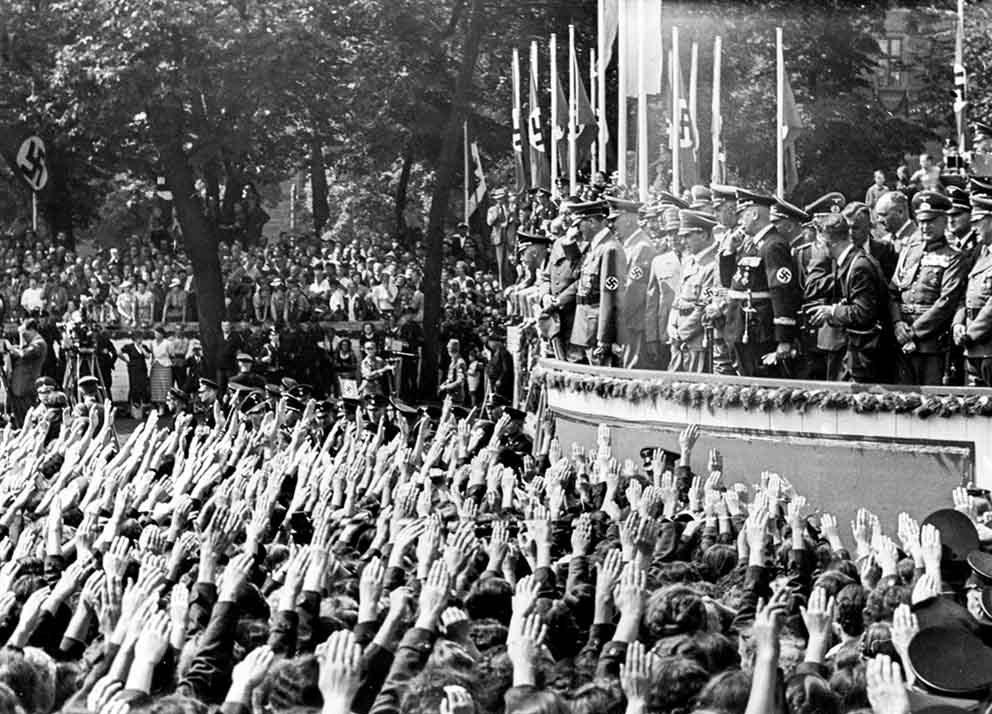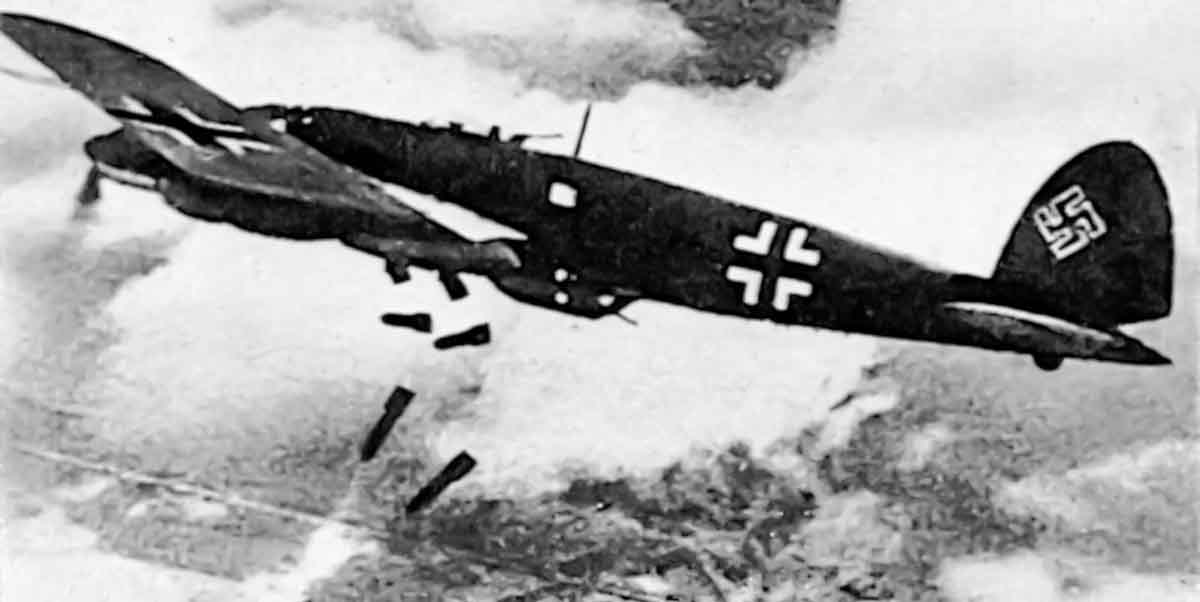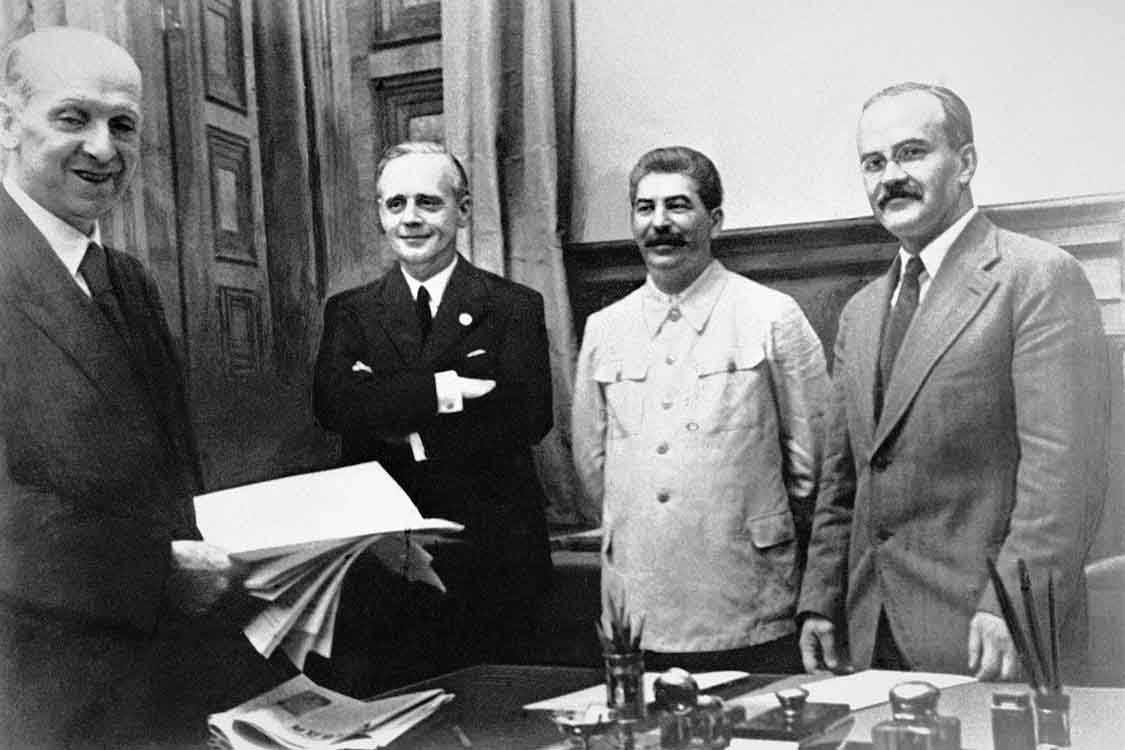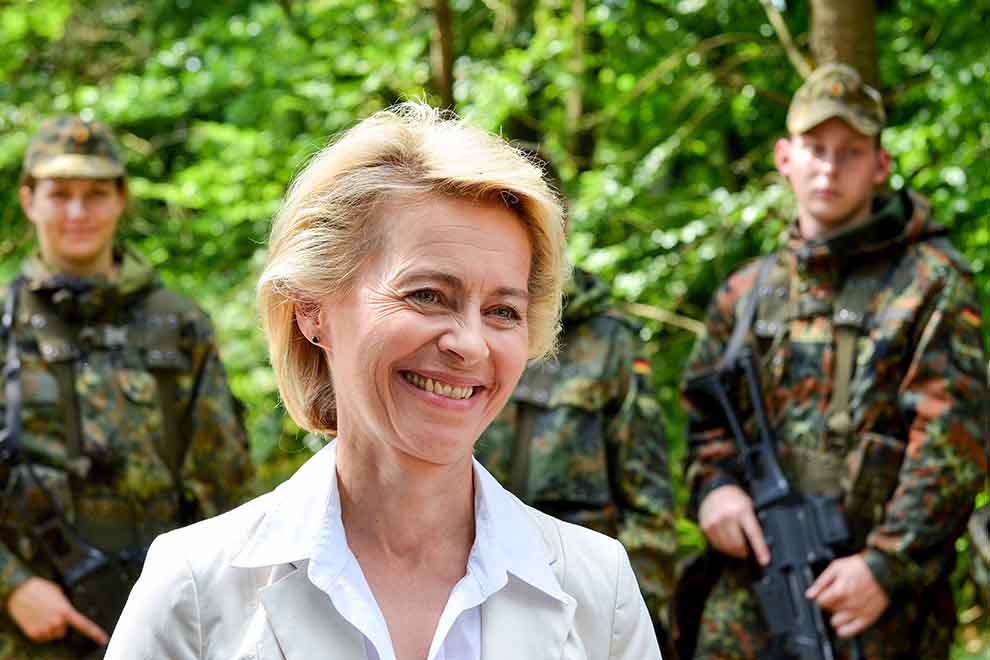The story of Wojciech Kusy – an oppositionist, Solidarity activist and tireless animator of Polish community life in Essen – is a story of loyalty to Poland, grassroots work and patriotism that does not need grand words.
Read more... Reading time 7 min.On November 9, 1989, the wall that had divided the world for nearly three decades collapsed. No one imagined that an era would end that evening. Behind that moment, however, lay years of Polish courage, work, and faith in freedom—from Gdańsk to Berlin.
Read more... Reading time 10 min.Lisbon – a city of spies, emigrants, and secret couriers. It is here that Jan Kowalewski, a former codebreaker from the 1920s, creates "Continental Action" – a Polish intelligence project intended to dismantle Hitler's alliance from within. He meets Germans, talks with Italians, warns the world about Operation Barbarossa, and fights for a Europe that is beyond saving.
Read more... Reading time 10 min.Poles comprised only five percent of the RAF's forces in the Battle of Britain, but they were responsible for over ten percent of all German aircraft shot down. Their courage and effectiveness helped save Britain and changed the course of World War II.
Read more... Reading time 6 min.In the autumn of 1939, Pomerania became the site of one of the most forgotten crimes of World War II, as neighbors turned weapons against neighbors and forests were turned into mass graves. "The Pomeranian Massacre"—that's how we now call this tragedy, which for decades remained in the shadow of Katyn. It's a story of human betrayal, planned genocide, and a memory that still cries out for justice.
Read more... Reading time 14 min.In the shadow of the Battle of Warsaw, a silent hero was born – a chemist from Łódź who, instead of a gun, held a comb and a pencil. Thanks to him, Poland in 1920 knew more about the Red Army's movements than Tukhachevsky himself.
Read more... Reading time 12 min.On August 12th, another Great March for Life and Freedom of Poles and the Polish diaspora took place at the former German extermination camp of Auschwitz-Birkenau in honor of the victims murdered there. The march ended on August 14th, the anniversary of the death of Saint Maximilian Maria Kolbe, a Polish Franciscan friar and martyr of World War II.
Read more... Reading time 8 min.Poles in pre-war Wrocław, then called Breslau, had a difficult life. Radical racist and nationalist views spread rapidly among the local Germans, leading to the persecution of all non-German social groups. Admitting one's Polishness was an act of great courage.
Read more... Reading time 4 min.Poland was doomed to confrontation with the Third Reich and the Soviet Union – a consequence of the policies of the great powers and the balance of power in Europe. It could only slightly hasten or delay this moment. However, in no way could it avoid tragedy.
Read more... Reading time 5 min.The Iron Curtain that separated the Western and Eastern worlds after World War II was the "adopted daughter" of the Stalin-Hitler agreement of August 1939.
Read more... Reading time 5 min.The General Court of the European Union has ordered Ursula von der Leyen to disclose text messages exchanged with the head of Pfizer regarding the purchase of COVID-19 vaccines for billions of euros, which triggered the scandal known as "Pfizergate" and undermined trust in the transparency of the European Commission's actions and the president herself, who for years had avoided responsibility for the shadiness of this transaction.
Read more... Reading time 9 min.


